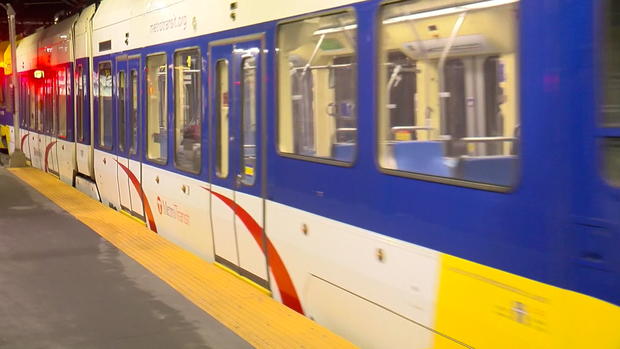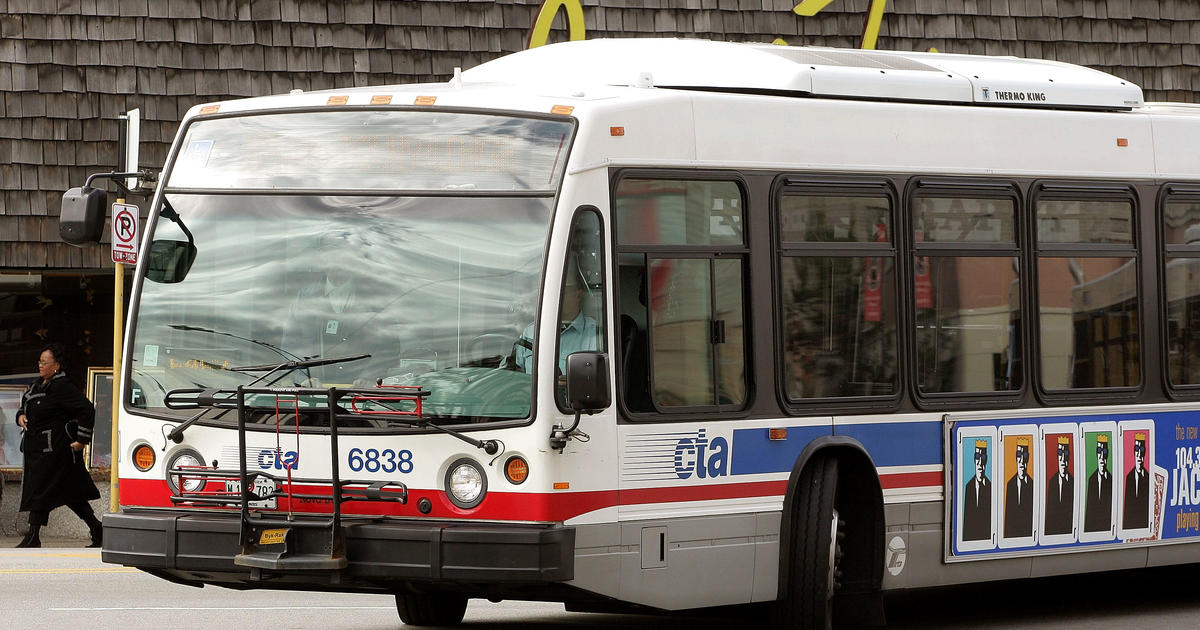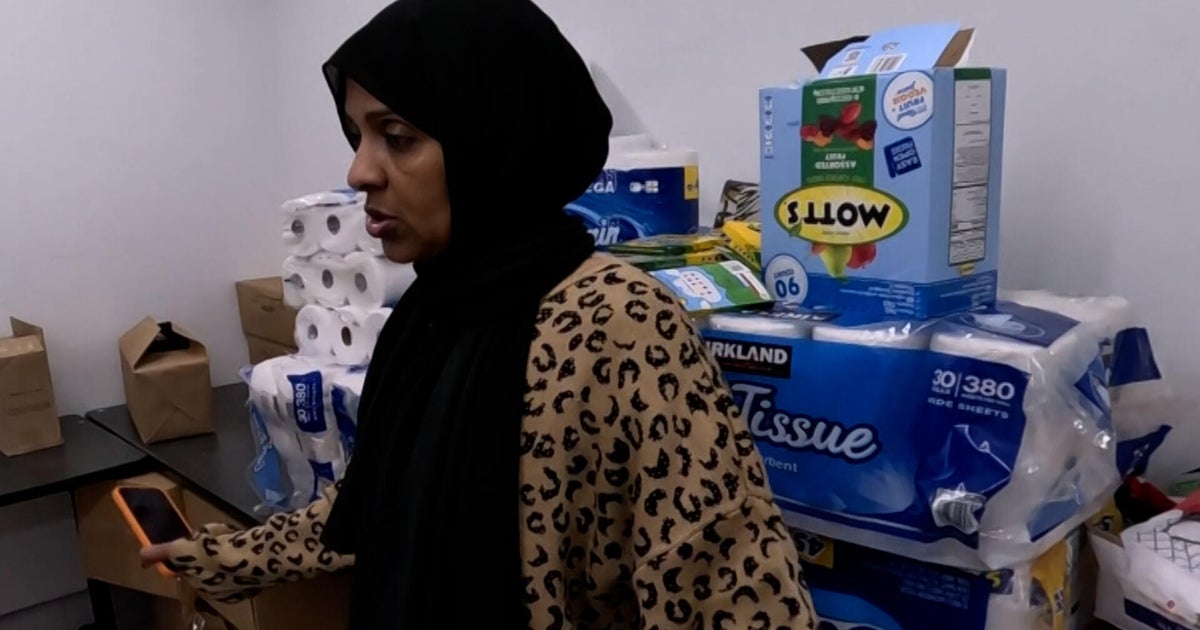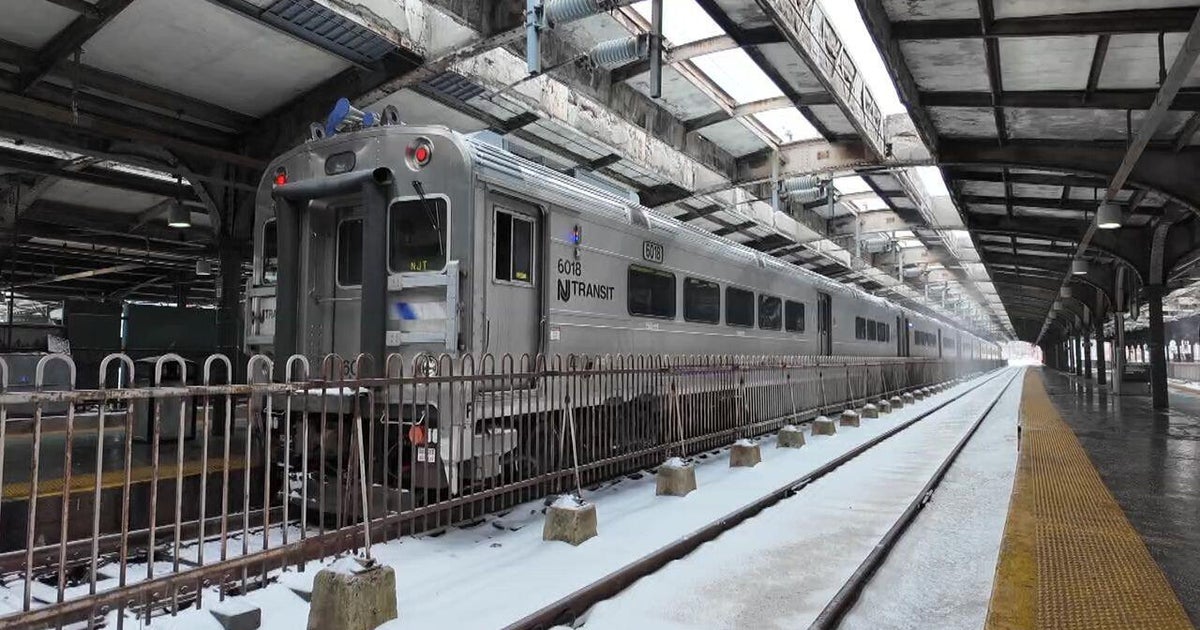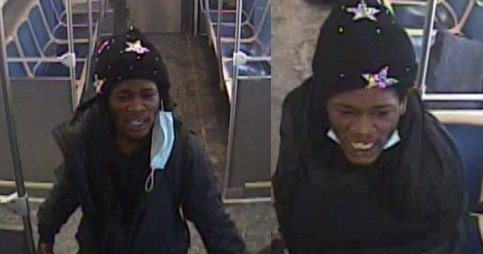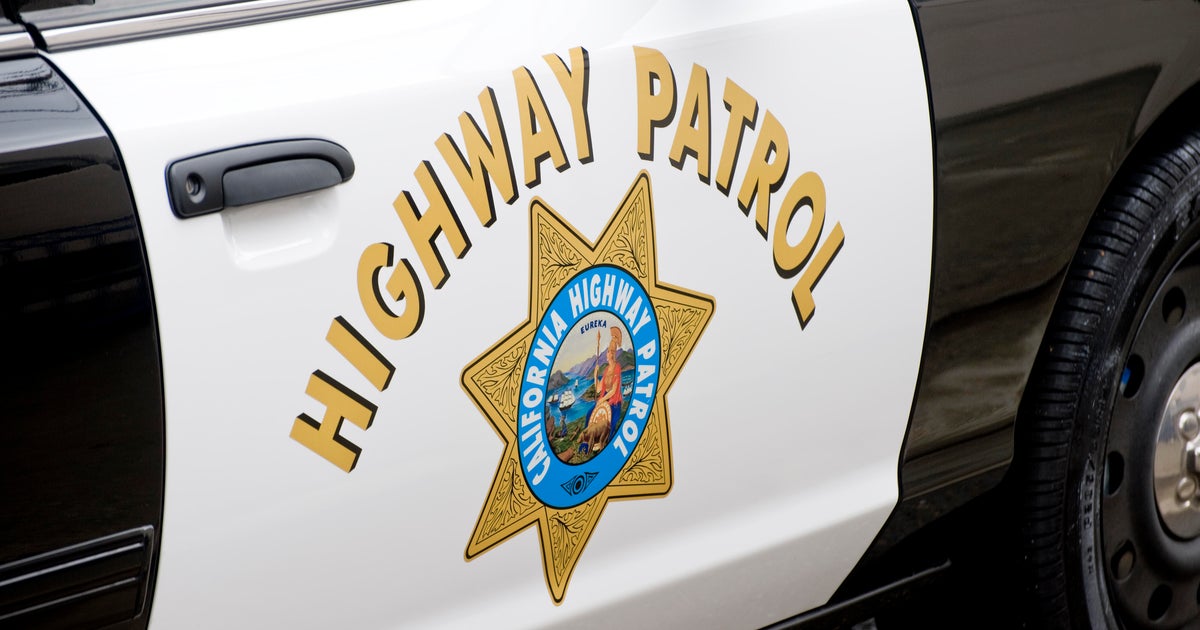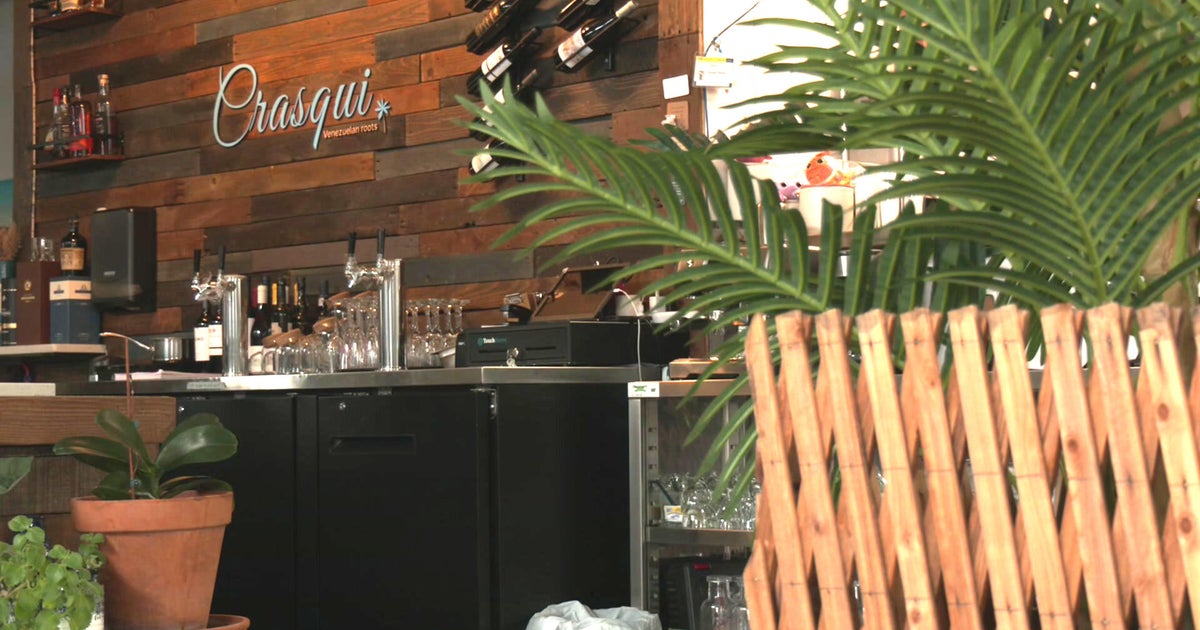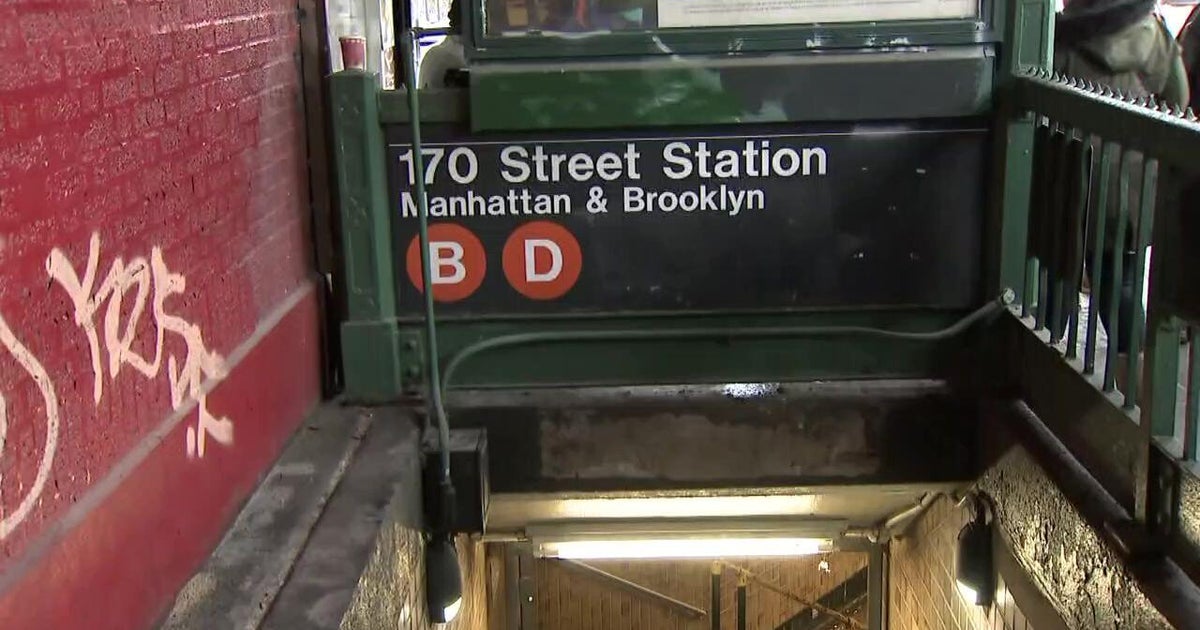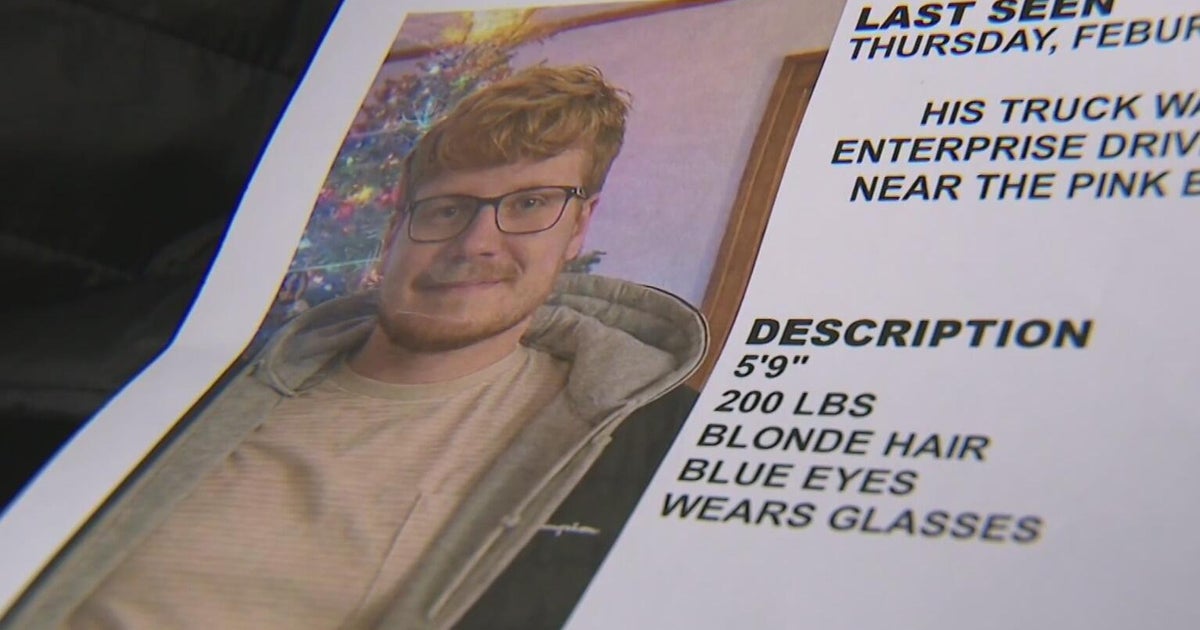MACV Pairs With Metro Transit To Help Move Veterans In Need From Light Rail To Housing
MINNEAPOLIS (WCCO) -- Some consider the light rail line to be the largest homeless shelter in the Twin Cities.
For too many veterans, trains and buses are a way to stay out of the cold, but the Minnesota Assistance Council for Veterans (MACV) is working with Metro Transit to change that with the Homeless Action Team (HAT).
It's a community within a community. People grouped together for safety, using transit as a shelter from life's storms. Since 2018, Metro Transit's HAT has been on the beat looking for anyone who wants off the trains and into a place of their own.
Metro Transit Police Officer Quentin Waterkamp is familiar with many who hang out and ride light rail at night.
"We're not just out here driving from location to location. You're checking out your own platforms, you're checking out your own bus stops, you're looking inside the trains as they go by, see who you can see, kind of see where people are clustering together at night," Waterkamp said. "So they're just outside hanging around at some of these transit hub stations because they know it's a facility, they know they can get four walls and a roof around them."
HAT has placed more than 300 people in permanent housing – and a growing number of them are veterans. Waterkamp calls them the hidden gems within the train-riding community.
"They're not going to stand out, they're not out there causing problems, they're not causing a scene," he said. "They're keeping to themselves."
MACV's James McCloden knows all too well how hard it is for veterans to ask for help. He is grateful to partner with HAT officers.
"They go places that we don't, so one of the cool things about being part of MACV and the relationships we have is we just reach out to our wonderful Metro Transit officers and they can help us find these veterans in shelters, on the streets, in the depots, so it really works well for us," McCloden said.
It's military terminology, clothing, and that distinct duffle bag many carry from place to place that indicates they may be a veteran. On this night, they spot a familiar face.
"Luis is one of our older gentlemen that rides the train at night. He's gonna need a lot of care, a lot of extra service, wraparound services," Waterkamp said. "We've been trying to find him for a little bit."
Minutes later, Army veteran Wayne Edward Smith reached out to MACV. McCloden first got a call from Smith two years ago while he was unsheltered and riding the train.
"It wasn't nice, you know. Then I had a suitcase with me, too, and all that," Smith said. "Luckily, James came through for me."
Smith went from the sleeping on the train to housing. He moved out of state, but has returned to Minnesota and once again fallen on hard times. He says without MACV, he would be sleeping outside.
McCloden was able to get him temporarily housed at the Snelling Lodge, close to the VA Hospital in Minneapolis, so he has access to resources.
"Each veteran is different. Each one has their own path. They could be on benefits track, they could be on work track, they could be transitional housing. So each veteran has his or her own path, and we discuss what that is when they come into the program," McCloden said. "And then tomorrow I'm going to come back and Wayne and I are going to discuss what his next week looks like."
Metro Transit Police Chief Eddie Frizzle is a combat veteran who serves with the Minnesota National Guard. He works closely with MACV to ensure veterans get access to resources they've earned.
HAT has been nationally recognized for its work, and hailed as a model for law enforcement agencies.
Support MACV's work by making a donation right now. Just text MAC-V ORG to 44321, or click here.
